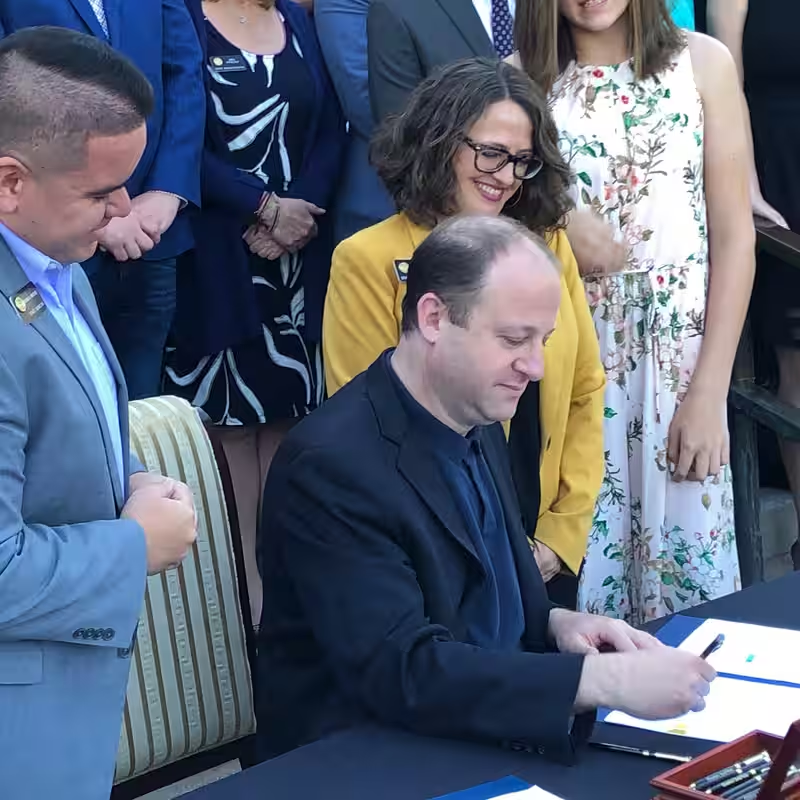Table of Contents
- What Is Strict Scrutiny?
- The Colorado Conversion Therapy Case
- Why Strict Scrutiny Is a Big Deal
- When Has Strict Scrutiny Been Upheld?
- What Happens Next?
- Sources
What Is Strict Scrutiny?
Strict scrutiny is the highest standard courts use to evaluate whether a law violates constitutional rights—especially those protected by the First Amendment. When a law is subjected to strict scrutiny, the government must prove two things:
- It serves a compelling government interest, and
- It uses the least restrictive means possible to achieve that interest.
In plain English: it’s an extremely tough bar to clear. Legal scholars often say strict scrutiny is “strict in theory, but fatal in fact”—because very few laws survive it.
The Colorado Conversion Therapy Case
At the heart of Tuesday’s Supreme Court arguments is a Colorado law that bans licensed therapists from offering conversion therapy to minors—therapy aimed at changing a person’s sexual orientation or gender identity.
Kaley Chiles, a licensed counselor, is challenging the law, arguing it violates her First Amendment rights by silencing her counseling conversations based on viewpoint. Her legal team insists the ban should be judged under strict scrutiny because it targets speech based on its content.
Chiles’ lawyers claim the therapy she provides is “caring, consensual, and skilled,” and argue the law is both overbroad (banning helpful conversations) and underinclusive (allowing unlicensed individuals to offer similar services).
Why Strict Scrutiny Is a Big Deal
If the Supreme Court agrees that strict scrutiny applies, Colorado’s law is in serious jeopardy. The state would need to prove not only that conversion therapy is harmful—but also that banning licensed professionals while allowing unlicensed ones is the least restrictive way to protect minors.
Colorado’s attorneys counter that the law regulates professional medical conduct, not pure speech, and should be reviewed under a more lenient standard. But they also argue that even under strict scrutiny, the law holds up—because protecting children from “ineffective and harmful health care practices” is a compelling interest, and the ban is narrowly tailored to target only one discredited practice.
When Has Strict Scrutiny Been Upheld?
Historically, the Supreme Court has rarely upheld laws under strict scrutiny in First Amendment cases. In fact, only three modern rulings have done so:
| Year | Case | Law Upheld |
|---|---|---|
| 2015 | Williams-Yulee v. Florida Bar | Ban on judicial candidates personally soliciting campaign contributions |
| 2010 | Holder v. Humanitarian Law Project | Criminalizing speech that provides “material support” to designated terrorist groups |
| 1992 | Burson v. Freeman | 100-foot buffer zone around polling places to prevent electioneering |
As Chief Justice John Roberts noted in 2015, such cases are “one of the rare cases in which a speech restriction withstands strict scrutiny.”
What Happens Next?
The Court’s decision could ripple far beyond Colorado. If strict scrutiny is applied—and the law is struck down—it could embolden challenges to similar bans in over 20 states and numerous municipalities. Conversely, if the Court rules that professional counseling regulations don’t trigger strict scrutiny, it may affirm states’ authority to protect vulnerable youth from widely discredited practices.
Medical and mental health organizations—including the American Psychological Association and the American Medical Association—have long condemned conversion therapy as ineffective and harmful, especially for minors.




